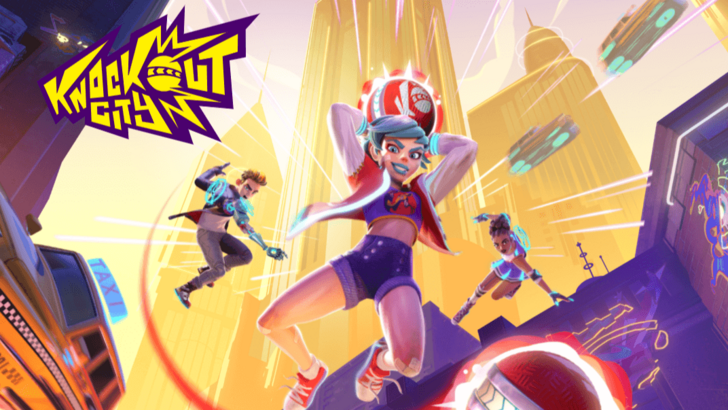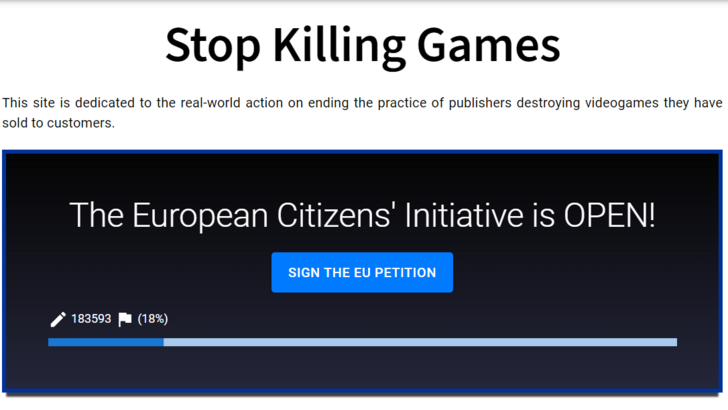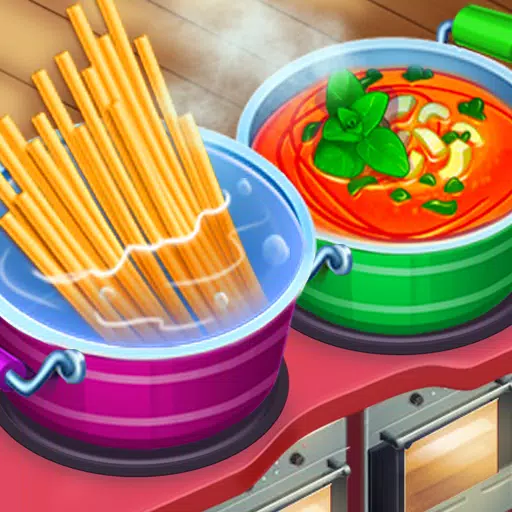
Ubisoft's decision to shut down The Crew has ignited a passionate response among European gamers, leading to a significant petition aimed at preventing similar closures of multiplayer games. Dive into the details of the "Stop Killing Games" petition and the broader fight to safeguard digital purchases.
EU Gamers Rally to 'Stop Killing Games'
'Stop Killing Games' Petition Seeks One Million Signatures Within One Year
A burgeoning movement among European gamers is pushing for the preservation of digital purchases through a citizen’s initiative. The "Stop Killing Games" petition seeks to compel the European Union to enact legislation that would prevent game publishers from rendering games unplayable after discontinuing support.
Ross Scott, a key organizer of the campaign, is optimistic about the initiative's potential success, noting its alignment with existing consumer protection policies. While the proposed law would apply solely within Europe, Scott hopes it could set a precedent globally, either through legal frameworks or industry standards.
Achieving legal status for this initiative will be a formidable challenge. It must successfully navigate the "European Citizen’s Initiative" process, which requires collecting one million signatures from across various European countries within a year. Eligible signatories include European citizens of voting age, which differs by country.
Launched in early August, the petition has already amassed 183,593 signatures. With a full year to reach the target, the campaign is making steady progress.
Initiative Aims to Hold Publishers Responsible for Server Shutdowns

The Crew, an online-only racing game launched in 2014, became a catalyst for this movement when Ubisoft unexpectedly terminated its online services in March 2024. This action effectively nullified the investments of 12 million players.
The reality is stark: when servers for online-only games shut down, players' investments in time and money vanish. Just halfway through 2024, games like SYNCED and NEXON’s Warhaven have already been slated for closure, leaving players without recourse for their purchases.
Ross Scott described this practice as "planned obsolescence" in a YouTube video, likening it to the destruction of silent films to recover silver content, resulting in the loss of most films from that era. The initiative's goal is modest yet significant: to require publishers to maintain games in a functional state at the time of server shutdown.
The proposed law would mandate that "publishers that sell or license video games to consumers in the European Union (or related features and assets sold for videogames they operate) to leave said videogames in a functional (playable) state." The method of compliance is left to the publishers' discretion.

The initiative extends its scope to include free-to-play games with microtransactions. Scott points out that if a player purchases an item through a microtransaction and the game becomes unplayable, they effectively lose their purchase.
There is precedent for this approach. Knockout City was shut down in June 2023 but later re-released as a free-to-play standalone game with private server support, making all items and cosmetics freely accessible and allowing players to host their own servers.
However, the initiative does not demand that publishers:
⚫︎ Relinquish intellectual property rights
⚫︎ Hand over source code
⚫︎ Provide endless support
⚫︎ Host servers
⚫︎ Assume liability for customer actions

To support this cause, visit the "Stop Killing Games" website and sign the petition. Remember, each person can sign only once, and any mistakes will invalidate your signature. The website offers country-specific guidance to help avoid errors.
Ross Scott encourages even those outside Europe to help by spreading the word about the initiative. The ultimate aim is to create a ripple effect across the video game industry, deterring publishers from destroying games and safeguarding player investments.














